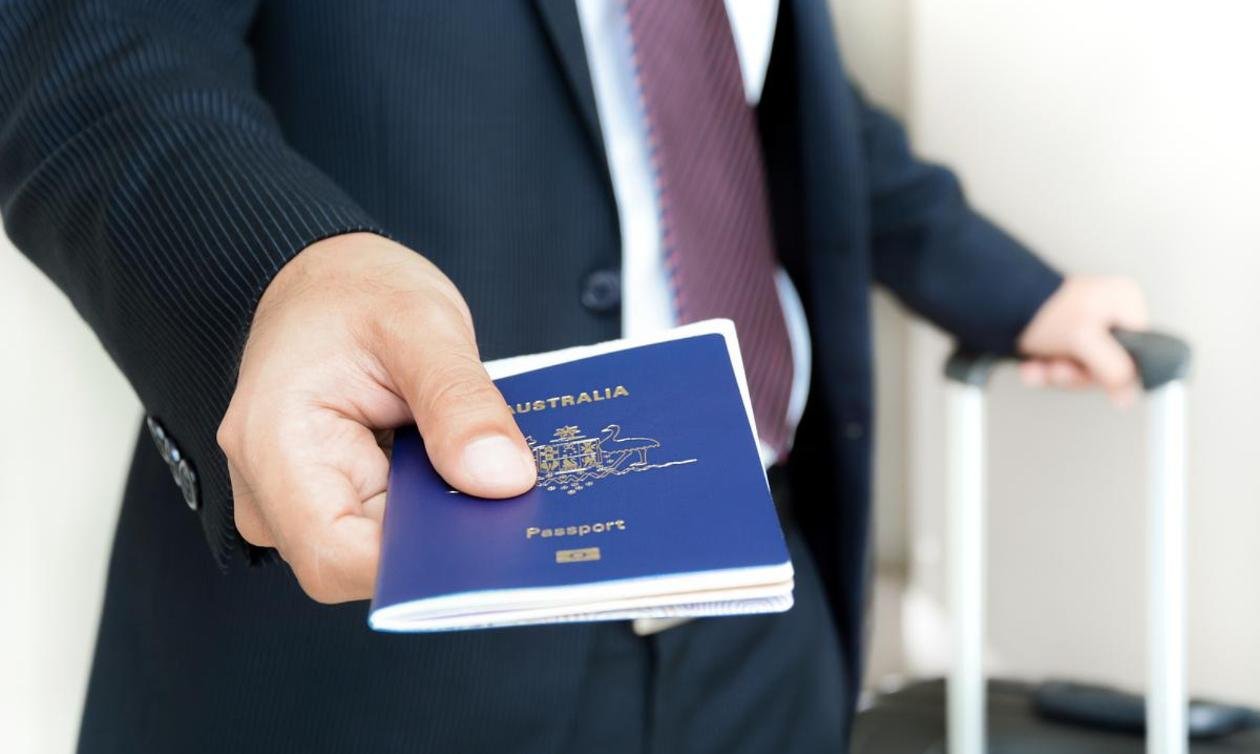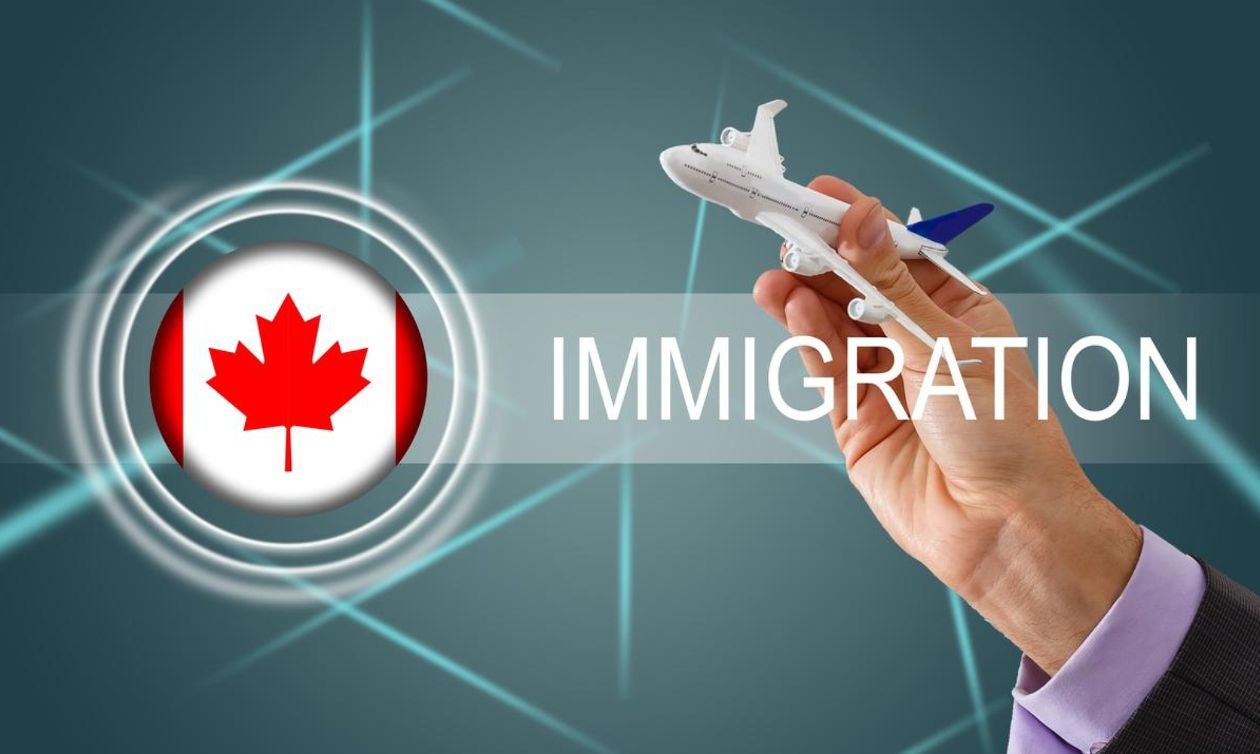Canada has long been a preferred destination for immigrants from around the world, including Pakistan. The country offers a high quality of life, excellent healthcare and education, and numerous opportunities for employment and growth. For those considering immigration to Canada, proving your work experience is a crucial step in the process. This article will guide Pakistani immigrants on how to prove work experience for Canada immigration in a simple and understandable way.
Understanding Canadian Immigration Requirements
Before delving into the process of proving your work experience for Canada immigration, it’s important to understand the immigration requirements. Canada has several immigration pathways, including Express Entry, Provincial Nominee Programs (PNPs), and Family Sponsorship. The specific requirements can vary depending on the program you are applying for, so it’s essential to identify the one that suits your circumstances.
Work Experience Requirements
To be eligible for most immigration programs, you need to demonstrate a certain amount of work experience. The Canadian government recognizes both paid and unpaid work experience. However, for immigration purposes, paid work experience is generally preferred.
In most cases, you’ll need to prove that you have at least one year of full-time, or an equivalent amount of part-time, skilled work experience within the last ten years. The experience must be in a National Occupational Classification (NOC) code 0, A, or B. This is where things can get a bit tricky, as the NOC codes classify jobs into different skill levels. You must ensure that your work experience falls under one of these categories.
How to prove work experience for Canada Immigration
Once you understand the work experience requirements, the next step is to prove your work experience. Here’s how you can do that:
- Collect Supporting Documents: To prove your work experience, you will need supporting documents such as reference letters, employment contracts, and pay stubs. It’s crucial to gather these documents from your previous employers.
- Reference Letters: Reference letters play a significant role in proving your work experience. These letters should be written on company letterhead and signed by your supervisor or employer. They must include specific details, such as your job title, duties and responsibilities, the duration of your employment, and your salary.
- Employment Contracts: Employment contracts can also serve as evidence of your work experience. They should outline the terms and conditions of your employment, including your job title, salary, and work hours.
- Pay Stubs: Pay stubs can provide additional proof of your employment and income. They should correspond with the dates mentioned in your reference letters and employment contracts.
- Bank Statements: If your pay stubs are not available, bank statements that show your salary deposits can be used as supplementary evidence.
- Tax Records: Your income tax returns can further validate your work experience by demonstrating that you were employed and paid taxes during the specified period.
- Translation of Documents: If your supporting documents are not in English or French, you will need to have them translated by a certified translator. The translated documents should be accompanied by an affidavit attesting to their accuracy.
- Certification of Documents: In some cases, you may need to get your documents notarized or certified to prove their authenticity.
Language Proficiency Test
Apart from work experience, Canada also requires immigrants to prove their language proficiency in either English or French. The International English Language Testing System (IELTS) and the Canadian English Language Proficiency Index Program (CELPIP) are commonly accepted tests for English proficiency, while the Test d’évaluation de français (TEF) is used for French proficiency.
IELTS, CELPIP, and TEF are designed to assess your abilities in listening, speaking, reading, and writing. You will need to take the appropriate test and achieve a certain score to meet the language requirements for immigration.
Educational Credentials Assessment (ECA)
For many immigration programs, you may also need to complete an Educational Credentials Assessment (ECA). This assessment will validate your foreign educational credentials and confirm that they are equivalent to Canadian standards. The designated organization for ECA depends on the program you’re applying for, so be sure to check the specific requirements.
Simple Steps:
How to prove work experience for Canada Immigration
Now, let’s break down the process into simple steps to make it more accessible for Pakistani immigrants seeking to prove their work experience for Canada immigration:
- Identify Your NOC Code: Start by determining the NOC code that corresponds to your job. This code is crucial, as it dictates whether your work experience is eligible for immigration. You can find the NOC code on the official Canadian government website.
- Gather Required Documents: Collect all the necessary supporting documents, such as reference letters, employment contracts, pay stubs, tax records, and bank statements. Make sure they align with the NOC code you have identified.
- Reference Letters: Request reference letters from your previous employers. Ensure that they contain all the essential information, such as your job title, duties, employment dates, and salary.
- Employment Contracts: Retrieve copies of your employment contracts if available. These should provide additional evidence of your work experience.
- Pay Stubs and Tax Records: Organize your pay stubs and tax records to corroborate your work experience. Make sure they cover the same period as your reference letters and employment contracts.
- Language Proficiency Test: If required, take a language proficiency test, such as IELTS, CELPIP, or TEF, to demonstrate your English or French language skills. Prepare adequately to achieve the necessary score.
- Educational Credentials Assessment (ECA): If your program mandates an ECA, complete the assessment with the designated organization and ensure that your foreign educational credentials are recognized.
- Notarization and Translation: Get your documents notarized or certified, and if necessary, have them translated by a certified translator. Ensure that the translated documents are accompanied by an affidavit of accuracy.
Conclusion
Proving your work experience for Canada immigration is a critical step in the application process, and it can be challenging. However, by following the simple steps outlined in this guide, Pakistani immigrants can navigate this process more easily and increase their chances of successfully immigrating to Canada. Remember to stay informed about the specific requirements of your chosen immigration program and seek professional guidance when needed. With the right documentation and preparation, your dream of living and working in Canada can become a reality. Good luck on your journey to a new life in the Great White North!



